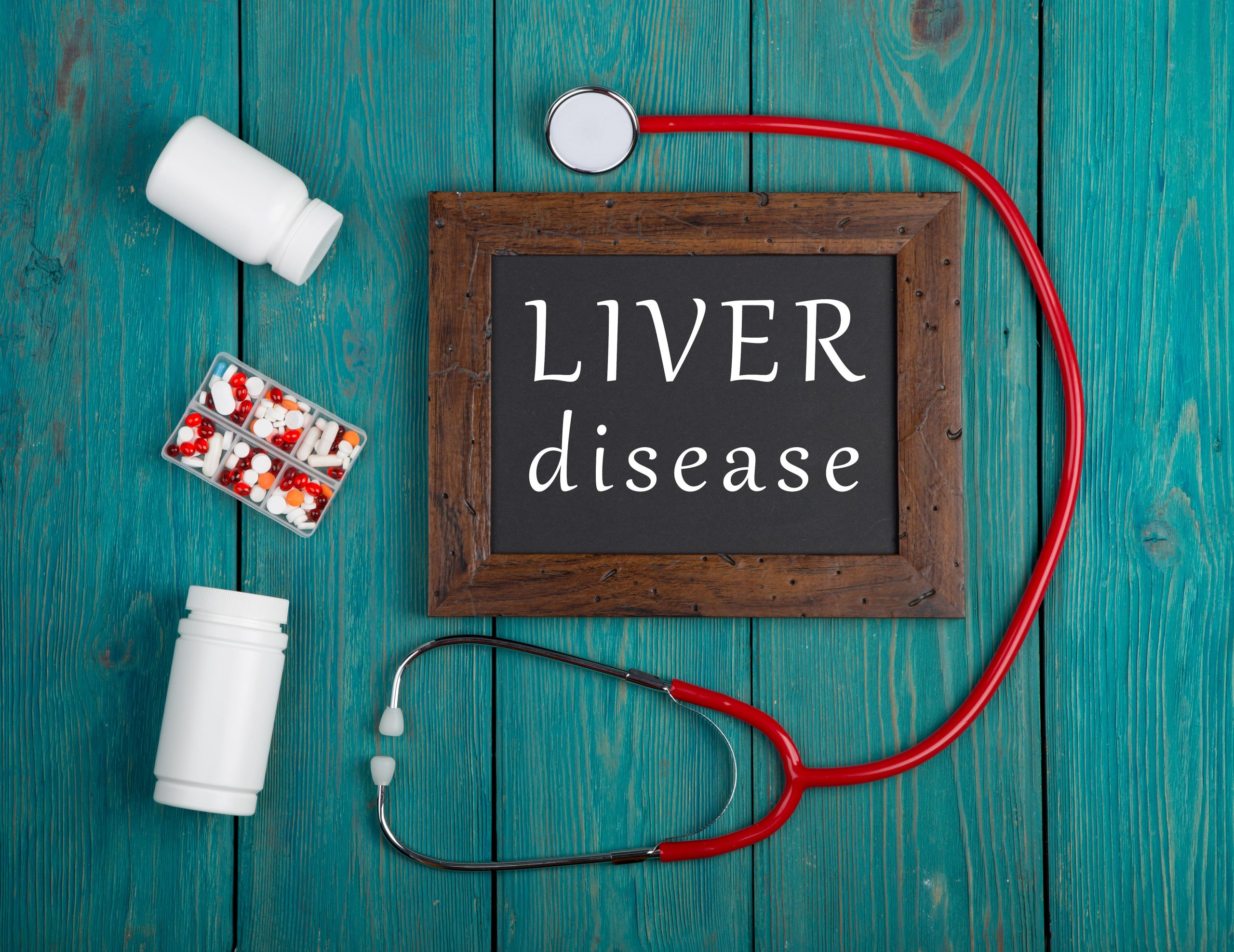Cardiovascular diseases are one of the leading causes of death globally. For instance, in the United States, nearly 700,000 people perish annually from heart disease – accounting for 1 in every four deaths. Based on these statistics, it is no surprise that finding a viable cure for heart disease is a health priority.
Heart disease and its associated health problems are expected to place an estimated $1.5 trillion on the U.S Healthcare System in the next decade. And that’s why everything from prescription medicines and lifestyle changes to supplementation such as CBD Oil continue to be explored as viable alternatives for cardiovascular health. Here, we discuss CBD’s potential in managing symptoms associated with heart disease.
Cardiovascular Health: What is heart disease?
The mammalian heart is the muscular organ that pumps blood via rhythmic contraction and expansion. Any condition that affects the heart is called heart disease. Such conditions (medically referred to as cardiovascular diseases) include angina, congestive heart failure, aneurysm, and angina. Heart health is one area that scientists are exploring to determine how patients can maintain cardiovascular health using CBD’s therapeutic properties.
Cannabidiol oil (CBD) is the non-psychoactive extract obtained from the Cannabis Sativa plant, and the substance is unique to cannabis. Unlike tetrahydrocannabinol (THC) that represents the psychoactive component of cannabis, CBD oil lacks those properties. Still, it has numerous therapeutic properties that scientists are getting attuned with, including the possibility of maintaining cardiovascular health.
And while nothing is cast in stone yet as to whether CBD can cure heart diseases, preliminary research findings are promising. CBD cannot cure congestive heart failure, angina, or heart disease, but research is underway to determine how to prevent heart disease or manage symptoms. Nonetheless, researchers have established that CBD can interact with the endocannabinoid system (ECS) – a complex biological system that impacts the cardiovascular system, memory, sleep, among others.
Cardiovascular Diseases and CBD
There is growing evidence to suggest that a dysfunctional endocannabinoid system (ECS) is associated with several heart diseases. And CBD’s ability to interact with the ECS has researchers believing that it could help regulate the ECS and subsequently reduce symptoms or prevent heart disease altogether.
Heart disease, as it sounds, does not represent a single infection. Instead, it is an umbrella term for several cardiovascular conditions. The scope of heart diseases is huge; and could involve arteries, veins, blood pressure, and heart rate – all of which could fatally end up in congestive heart failure. Examples of cardiovascular diseases include:
- Congestive heart failure is a condition in which the heart stops pumping blood the way it should, leading to an insufficient supply of nutrient-rich blood and oxygen. Heart failure can be caused by severe medical conditions, obesity, anemia, and diabetes.
- Aneurysm – this involves the swelling or bulging of an artery.
- High blood pressure involves an increase in blood flow through the blood vessels and could lead to fatal cardiovascular conditions such as heart failure or even renal failure.
- An inflamed pericardium causes inflammatory heart disease.
- Angina that results from a reduction in blood supply to the heart.
Common Symptoms of Cardiovascular Diseases
From lifestyle and medical conditions to genetics, numerous factors can lead to the development of heart diseases. People living with obesity, high blood pressure, and diabetes, for instance, are more susceptible to cardiovascular diseases. And regardless of the type of heart disease, the following are common symptoms:
- Chest pain.
- Shortness of breath.
- Fatigue.
- Insomnia.
- Increased heart rate.
- Accumulation of fluids within the body tissues (a condition called edema).
- Pale lips and bluish-colored fingertips.
Conventional Treatment of Cardiovascular Diseases
When a patient is diagnosed with heart disease, the type of treatment accorded to them depends on cardiovascular infection. However, common solutions include:
- Prescription medications.
- Surgery or medical procedures, especially if the patient is not responding to medications.
- Lifestyle changes are aimed at lowering the risk of cardiovascular diseases. Such interventions may include embarking on low-sodium and low-fat diets, as well as exercise routines.
CBD and Heart Health: Effectiveness of CBD Oil in Treating Heart Diseases
CBD manages symptoms of heart disease in many different ways. Clinical trials have indicated that CBD possesses anti-inflammatory and anti-oxidative properties, can reduce cholesterol accumulation, and ease blood pressure – all of which are key drivers of cardiovascular disease. Here is a look at how CBD manages these conditions:
- Inflammation: CBD is well known for its anti-inflammatory potential. And research shows that many chronic ailments result from inflammation, including heart disease. CBD interacts with the endocannabinoid system to reduce inflammation in the blood vessels, aiding blood flow and, subsequently, easing work overload on the heart, potentially avert heart failure.
- Blood pressure: A growing body of evidence suggests that ingesting CBD oil can stabilize blood pressure, which is a key driver of congestive heart failure.
- Cholesterol: this is a type of fat (lipid) present in the blood. And CBD’s anti-inflammatory properties reduce the accumulation of such fat, which improves cardiovascular health.
Benefits of Using CBD Oil for Cardiovascular Disease
The main drivers and risk factors for cardiovascular diseases include genetics, obesity, high blood pressure, type 2 diabetes, and poor dietary practices. But aside from those risk factors, the probability of suffering from cardiovascular diseases drops considerably. And that’s what Cannabidiol does – it manages most of these risks, hence preventing the development of heart disease. Among others, CBD Oil is beneficial for heart disease in the following ways:
- CBD is a safe and natural remedy for most symptoms associated with cardiovascular diseases.
- Unlike prescription medication or surgical interventions, CBD Oil comes without side effects, which makes it an appealing option for many people struggling with cardiovascular problems.
- CBD, used alongside other therapies and lifestyle changes, can prevent heart disease – more so if diagnosed at an early stage.
- Unlike blood pressure prescriptions, CBD has the potential to reduce hypertension with zero side effects.
CBD interacts with the endocannabinoid system to benefit a patient in many other ways, such as chest pain relief, healthy blood flow, and stress reduction.
- WHY CAN DRINKING ALCOHOL TRIGGER ANXIETY? - January 7, 2023
- WHAT IS ORGASMIC MEDITATION? BENEFITS + HOW TO - January 7, 2023
- THE BEST WAYS TO PREVENT WEIGHT GAIN THIS WINTER - January 6, 2023









